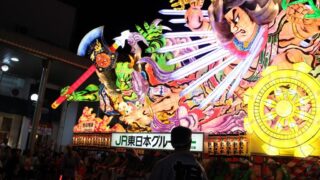Synopsis
The protagonist, Ito Hana, leaves home at the age of 17 due to family problems in the summer and meets Yoshikawa Kimiko, an acquaintance of her mother. At Kimiko’s invitation, Hana moves into a communal living space known as the “Yellow House,” where she begins living with other young people, including Momoko and Ran.
The girls open a bar called “Lemon,” but lose it in a fire. They then turn to crime as a “cash collector” for card fraud. Hana’s past experience of having her part-time job earnings stolen by her mother’s boyfriend strengthens her obsession with money.
The story depicts the process by which their communal living space falls apart following the death of a woman, while also asking the question of why people commit crimes.
Review
The title gave me the impression that this book is similar to Nishi Kanako’s Yellow Elephant, but the content was completely different.
I wonder what the theme of this book is?
Perhaps it’s about money, the society surrounding it, and human relationships.
Reading this book makes me realize just how privileged I was to grow up in.
I realize I have no idea what it’s like to truly struggle with money.
This book realistically depicts the so-called underworld.
I can’t help but wonder if such a world really exists. But I feel that a lifestyle like that of the protagonist Hana may be behind the fraud cases that are sometimes reported in the news.
The 21st century is undoubtedly one of the most privileged environments in recorded history, but I’m reminded that even if we are materially wealthy, it’s difficult to achieve happiness unless we feel rich in terms of relationships, connections with others, emotions, and consciousness.
I also feel that money and relationships sometimes don’t go together.
Money can also make differences between people very clear.
And when you feel inferior, it can make you feel miserable.
The protagonist Hana has always struggled with money, but it’s admirable that her motivation for obtaining it was not for herself, but for others, for the sake of her friends who live in the same house.
However, the way his personality gradually changes makes you feel that money has the power to change people.
I particularly sympathize with Hana’s feelings when she is the only one paying the rent.
She loves her friends, but she still feels a sense of unease inside.
If they had been family, perhaps she would have felt differently.
Either way, I think the book beautifully depicts the great power that money can have on people’s personalities.
The ending of this book is also heartbreaking.It strongly expresses the feelings of people who care for each other, regardless of money.
The connections that are born with money.
The feelings of people who care for each other, even without money.
This book drew me into an entirely different world.




















